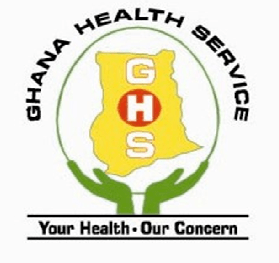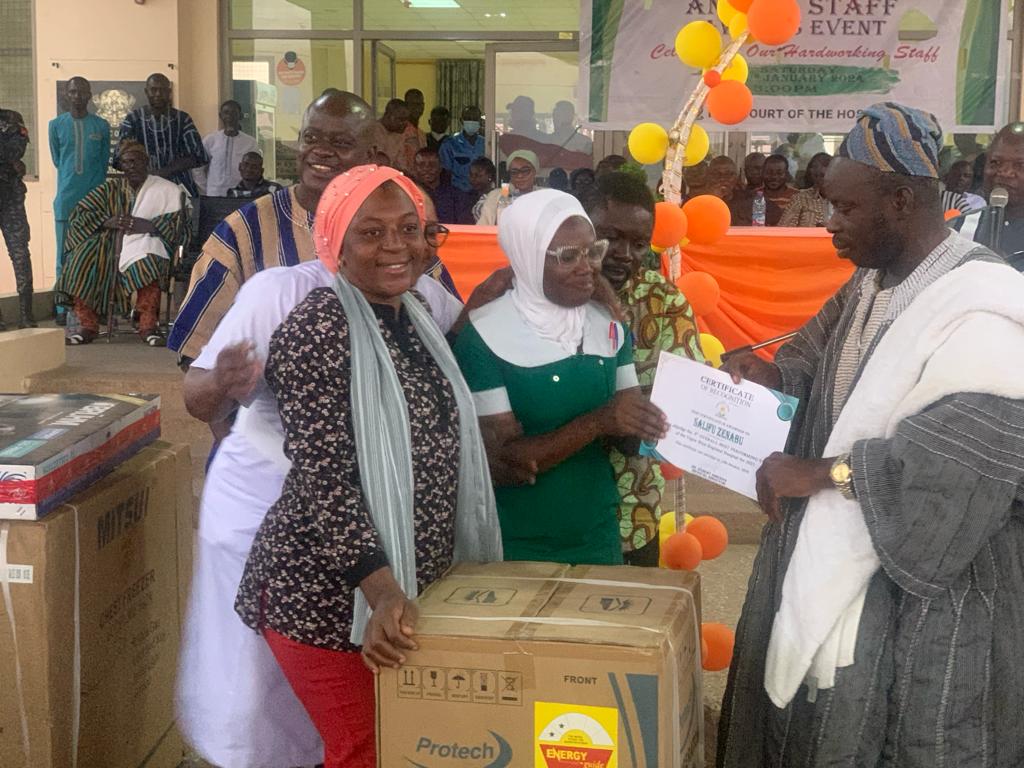Dr. Collins Boateng Danquah, Deputy Director of Public Health, has confirmed that the Upper West Region of Ghana has recorded 17 suspected cases of cerebrospinal meningitis (CSM), with six fatalities.
The disease, a severe bacterial infection affecting the brain and spinal cord, has been reported in six districts, including Nadowli/Kaleo and Nandom, which bear the highest toll.
Cerebrospinal meningitis is a life-threatening condition common in Ghana’s meningitis belt, typically peaking during the dry season from October to March. It is caused by bacterial infections leading to inflammation of the meninges—the protective membranes covering the brain and spinal cord. Symptoms include severe headaches, fever, neck stiffness, nausea, and sensitivity to light. If untreated, the disease can lead to brain damage, hearing loss, or death.
While addressing Channel One TV, Dr Danquah emphasised that early detection and treatment are crucial for reducing fatalities. He advised residents to take preventive measures such as avoiding overcrowded spaces, staying in ventilated areas, and seeking prompt medical attention if symptoms occur.
Despite the rising cases, health authorities have not launched a mass vaccination campaign, as the situation does not yet meet the criteria for an outbreak. Dr. Danquah reassured the public that health facilities in the region are equipped to manage the situation effectively.
Some residents expressed concern, as meningitis cases are more typically associated with the hotter months beginning in March. They called for increased public awareness campaigns to educate communities on the disease’s prevention and symptoms.
Ghana’s health authorities are closely monitoring the situation, urging vigilance and adherence to preventive guidelines to curb the disease’s spread. The public is reminded that prompt medical intervention is critical for managing meningitis and preventing severe outcomes.
Read Full Story







































Facebook
Twitter
Pinterest
Instagram
Google+
YouTube
LinkedIn
RSS